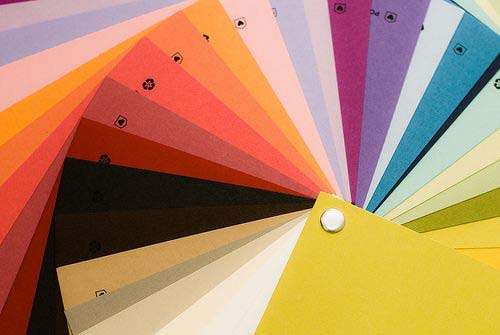How Does Your Personality Type Affect Your Life? PART ONE

Understanding your personality type can have an enormous impact on the way you live your life.

Many people have encountered the Myers-Briggs Personality Typology through work or schooling. They often don’t realize that it’s based on the ground-breaking work that C.G. Jung did around personality type as far back as the 1920s. They also often don’t realize how revolutionary and transformative Jung’s understanding of personality type truly is.
This is the first in a series of blog posts exploring the deeper meaning of personality type and how it profoundly impacts the entire way that each of us inhabits our lives.
Fundamentally Different Approaches to the World
People of different personality types take in the world in different ways. Jung’s theory of personality types seeks to help us distinguish the different fundamental components of our consciousness.
If we start with the two attitudes, introversion and extroversion, they represent two fundamentally different ways of being. As Jungian analyst Andrew Samuels tells us, if you’re an introvert, you’re someone who is stimulated and energized by the internal world. If you’re an extrovert, you’re stimulated and energized by the external world. These are two utterly different things, and you could expect the life journey of a strong extrovert to look very different than that of a strong introvert.
In the Jungian personality typology, each individual also has a primary function, which is one of sensation, thinking, feeling or intuition. As Jungian analyst Daryl Sharp indicates,
Thinking refers to the process of cognitive thought, sensation is perception by means of the physical sense organs, feeling is the function of subjective judgment or valuation, and….through intuition we have a sense of [a thing’s] possibilities.
Daryl Sharp, C.G. Jung Lexicon
If a person’s primary function is one of these four, his fundamental way of taking in the world will differ dramatically from an individual of the other three types.
Personality Type: A Dance of Opposites
Aspects of personality type aren’t just different. Many of them are actually fundamentally opposed to each other. This means that it may be very difficult for me to understand an introvert, if I’m an extrovert — or vice versa. Or, it may be very hard to relate to a person whose “superior” (i.e., most developed) function is feeling, if my superior function is thinking.
Yet, there may be a great deal of value in trying to understand personality types that are very different than our own, just as there is great value in really seeking to understand our own personality. Often, we can feel a strong attraction to personalities that are very different from our own, because on some deep, probably largely unconscious level we are drawn to those who have the characteristics we most lack. Thus the age-old saying that, in romantic relationships, opposites attract! Depth case studiess are very aware of how true this can be, and are aware of the opportunities — and complexities — that this can bring to relationships.
Personality Type and Self-Acceptance
Awareness of our personality type can be very important in enabling our acceptance of ourselves. In each culture, there are particular aspects of personality that are prized, and which are given particular emphasis and importance.
In Canada, for instance, extroversion has tended to be prized and valued over introversion. This is even more true among our neighbours to the south in the United States! This can often mean that introverted people in such a culture can end up feeling that there is something basically wrong with them, that they are somehow “odd” or “off” or “weird”. It can be a tremendously liberating thing to have an explanation for why we are the way we are, and to realize that that way of being has unique strengths.
Understanding, accepting and cherishing our personality type can be a very important part of understanding and welcoming all that we are. While we can learn a great deal about our personality type on our own there can be immense value and immense assistance on our journey toward wholeness through work with a Jungian /a-midlife-transition.
With every good wish for your journey!
xxxxxxxx
